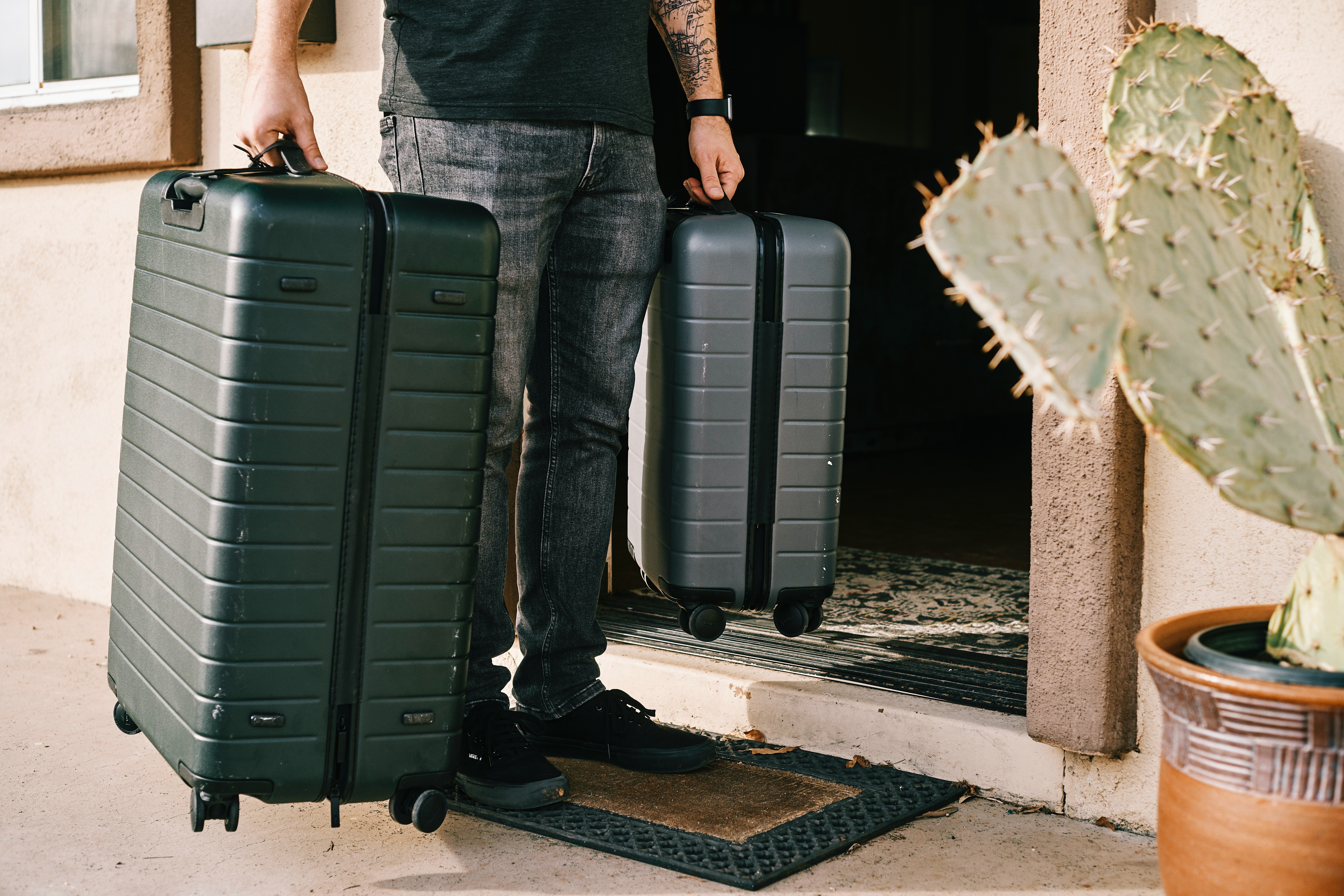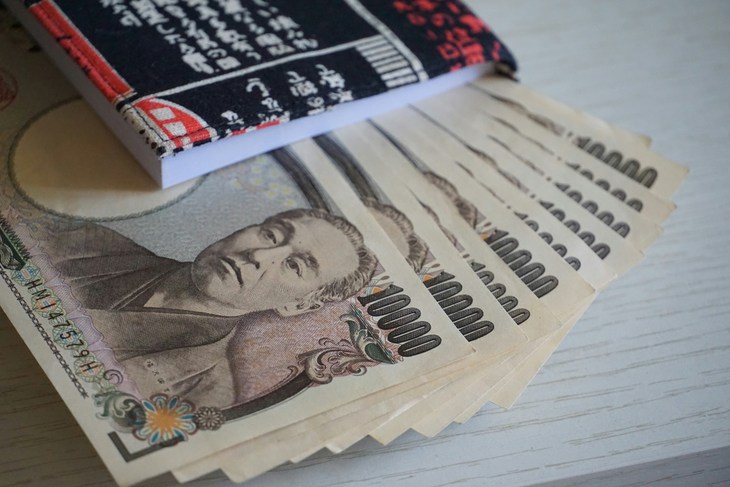Of all the questions I get from clients, far and away the most common is that of 礼金, or 'key money.'
"What?! You're telling me I have to pay the landlord extra money just so he lets me rent the apartment?!"
I try to explain things simply, but I'm met with a furrowed brow and cloudy puzzled expression. I elaborate, going into the concept in detail, hoping to restore the client's good mood. In the end, I close with "When in Rome, Do as the Romans Do", and explain that key money is just a Japanese custom and normal business practice. I try to move on to a more cheerful fun topic, but I worry about how much clients really understand the concept.

So, where did this 'key money' idea come from, anyway? I did some research into the matter, but the historical origins of the practice don't seem to be well known. There are various theories and opinions, and I would like to go over two of the better-known ones.
●After the Great Kanto Earthquake of 1923, families whose homes were destroyed began paying extra "gratitude money" to landlords in order to try to curry favor and get priority treatment when renting homes.
● During Japan's boom economy, parents of young people who moved to Tokyo from the countryside for work would give extra money to landlords, saying "We're leaving our child in your care. If something happens, please take care of them."
Basically, key money was historically a way for people in difficult situations to express their thanks to the landlord. Nowadays though, the system has become institutionalized. It's no wonder that renting a house in Japan has always been a difficult process!

Of course, Japanese people aren't huge fans of key money either, but the practice isn't viewed with the same sense of incongruity that a foreigner renting their first home in Japan might feel. In general, it's just seen as one of the costs of renting an apartment, along the same lines as paying a security deposit.
I was curious to see what the customs are regarding key money outside of Tokyo, so I did some research in Sapporo City in Hokkaido, and Fukuoka City in Kyuushuu (which are fairly representative cities in their respective regions). To my surprise, about 50-60% of the properties in those cities were asking for key money! It seems that the custom isn't limited to Tokyo after all.
Well, what about outside Japan? There are similar key money traditions in Turkey, the Ukraine, Brazil, and Australia, but overall, not many countries seem to have the custom. I've also heard from some customers that there are exceptional cases in the Manhattan area of New York where the landlords are requiring key money in order to rent their properties.
Unfortunately, most Tokyo properties still require key money. For extremely popular properties, you may even have to fork over two months rent. At our company, we strive to keep our eyes wide open day and night to gather information about good quality properties in order to lighten your initial costs.






















